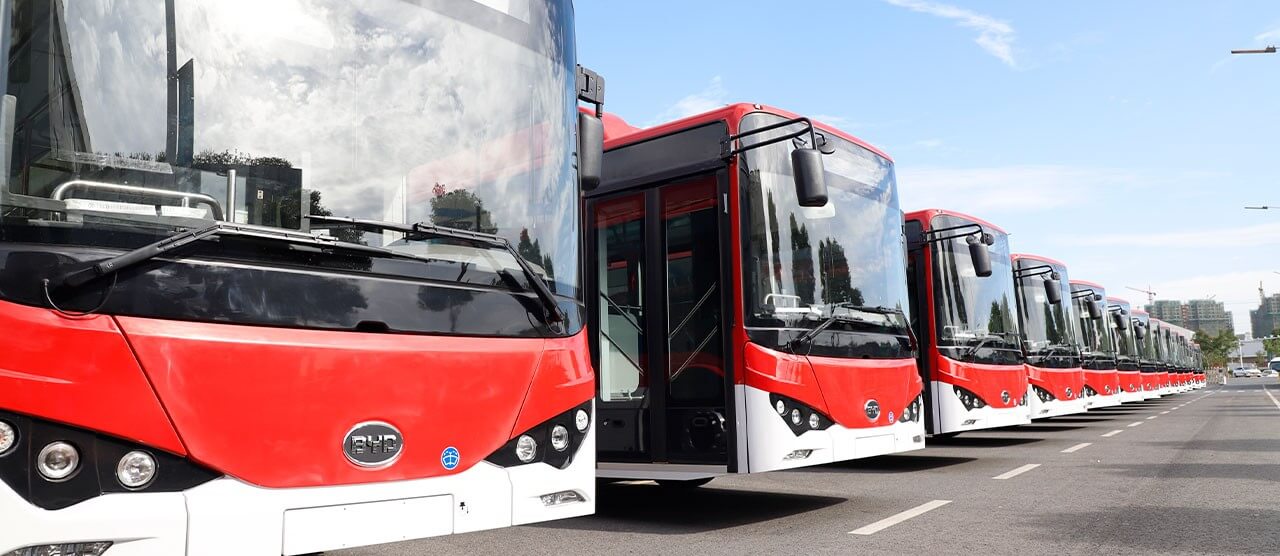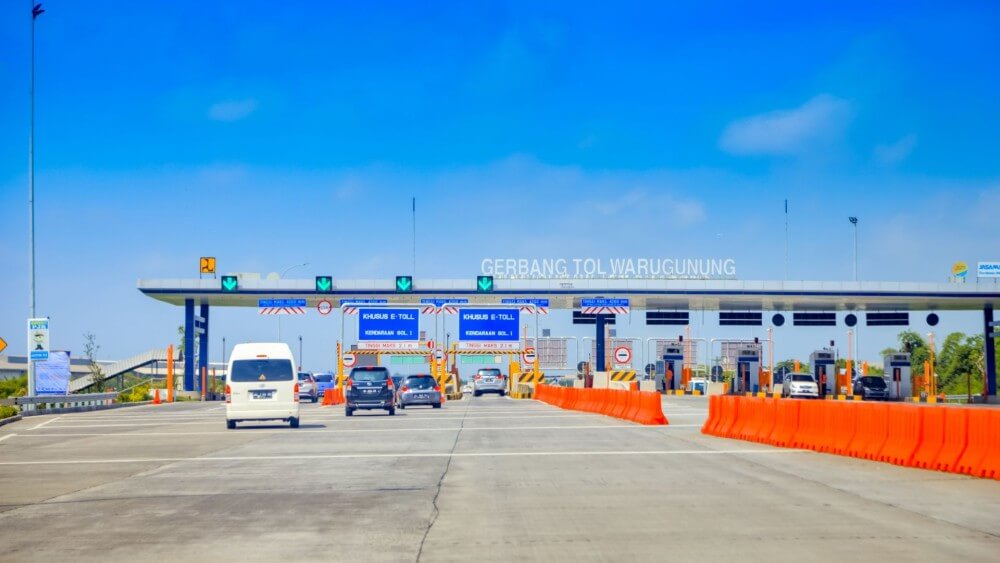Financing instrument and amount
On-bill financing for electric public buses
Background
In 2017, Santiago, Chile introduced a public transport electrification project aimed at electrifying 25% of the city’s public bus fleet by 2025. An innovative on-bill financing scheme was introduced to finance the new electric buses. Metbus, one of Santiago’s private bus operators, collaborated with Enel, an Italian utility company, and BYD, a Chinese vehicle manufacturer on a pilot project to introduce electric buses. The pilot proved a success and was expanded to make Metbus the largest deployer of electric buses in Santiago.
Approach
Metbus, one of Santiago’s private bus operators, collaborated with Enel, an Italian utility company, and BYD, a Chinese vehicle manufacturer. Enel acted as the financial agent and energy provider, and leased BYD’s electric buses to Metbus for a period of 10 years. Metbus was responsible for operating the buses and providing basic maintenance, while BYD was in charge of the more sophisticated maintenance, including battery packs. Metbus also had an agreement with BYD whereby the manufacturer would be responsible for any fines incurred if the buses do not meet performance.
An innovative on-bill financing scheme was introduced to finance the new buses. The utility (Enel) would cover the upfront cost of purchasing new electric buses from BYD using internal funds or debt financing. The bus service operator (Metbus) will lease the buses from the utility with no additional upfront cost over buying a diesel bus. Instead, the cost is recovered through a fixed tariff on the bus operator’s monthly electricity bill with the payments to Enel administered through a Financial Administration Agency that is part of Santiago’s broader public transportation system and responsible for the distribution of funds in the system. The tariff is calibrated to ensure the estimated operating cost of an electric bus is comparable or less than a diesel bus. Once the utility’s costs were fully recovered, Metbus would own the bus and chargers.
Results
The pilot project started with two BYD buses and was a success, with the operating cost of an electric bus calculated at USD 0.10/KM, compared to the costs of a diesel bus, at USD 0.43/KM. Building on the pilot’s success, Metbus worked with Enel and BYD to add an additional 100 buses to its fleet in 2018. This increased by a further 183 buses in 2019 and a further 150 buses in 2020, making it the largest deployer of electric buses in Santiago, Chile.
With a fleet of 400 buses, Metbus has contributed to a reduction of close to 20,630 tonnes of CO2, marking an approximately 5% decrease compared to 2018 levels. Beyond this, operators have reported the frequency and reliability of electric buses are on par or superior to those of conventional buses, highlighting the benefits of an electric bus fleet. Maintenance and operational costs are also lower for electric buses as compared to diesel buses.
Key Learnings
Government guarantee is critical to boosting investor confidence.
To boost Enel’s confidence to be an investor by procuring the electric buses in this on-bill financing scheme, payment guarantees from the Financial Administration Agency to Enel were backed by the national government. The leasing payments were discounted by the agency from the monthly operation payment to Metbus regardless of Metbus’ performance.
Having a centralised system to collect fees and manage payments can avoid mismanagement risks.
Municipalities can establish a centralised fee collection system to ensure a financially viable transit system. Collecting fares directly and centrally instead of relying on operators can help municipalities maximise revenue and avoid mismanagement risk. In the case of Metbus, the public transport system’s Financial Administration Agency was responsible for managing the funds flowing within the system.
Regulation can help to support adoption of green technologies.
A key factor of success was the stringent emission standards implemented by Chile’s Ministry of Transport that penalised diesel vehicles and made the adoption of vehicles with lower emissions more attractive. As Chile had already adopted Euro VI bus standards as of 2017, the investment gap from Euro VI buses to electric buses was a relatively smaller one to bridge.
Sources
Sources
- C40 knowledge (2020). Leading a clean urban recovery with electric buses. Available at: https://c40.my.salesforce.com/sfc/p/#36000001Enhz/a/Hp000000GLFi/XgEm7gg.8utnB3JS5agpd7iexpXjXvo9h8gw140W7Ek
- C40 knowledge (2020). Metbus pioneering e-bus deployments in Santiago. Available at: https://c40.my.salesforce.com/sfc/p/#36000001Enhz/a/1Q000000gQSR/ET0.2kS_O5ps_SIFrmwgPiDb95Z6inMj6uIjaIcF3mg
- Global Innovation Lab for Climate Finance (2018). Pay-as-you-save for clean transport. Available at: https://www.climatefinancelab.org/wp-content/uploads/2018/02/Pay-As-You-Save-for-Clean-Transport_Instrument-Overview.pdf
- GovInsider (2023). How Santiago became one of the first cities to electrify public transport at scale. Available at: https://govinsider.asia/intl-en/article/how-santiago-became-one-of-the-first-cities-to-electrify-public-transport-at-scale




